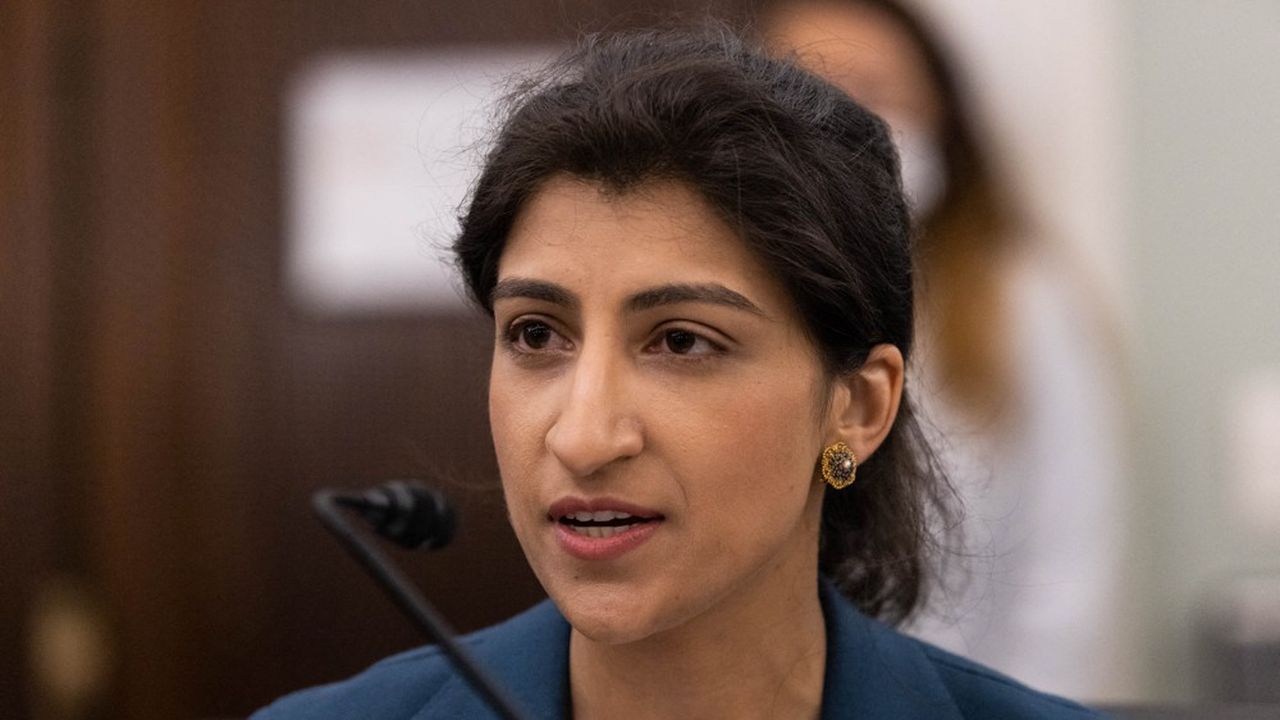Posted Jan 12, 2022, 6:17 AMUpdated on Jan 12, 2022 at 6:23 am
The second time was the good one. A federal judge has just validated a complaint filed by the Federal Trade Commission (FTC) against Facebook, which means that the lawsuit can indeed take place. For the Californian giant, this complaint represents a real threat. The American competition policeman goes so far as to ask the judges to study the possibility of forcing the group to separate from its WhatsApp and Instagram subsidiaries.
The FTC had filed a complaint against Facebook in December 2020, for abuse of a dominant position and illegal monopoly. But this complaint was rejected, last June, by a federal judge, who did not consider it sufficiently argued to be worth a lawsuit. The judge nevertheless gave him the option of reviewing his complaint and filing it a second time. What the competition authority hastened to do. In the meantime, its direction had changed: the commission is now headed by Lina Khan, a jurist renowned for her critical positions vis-à-vis the Gafa. By fleshing out her arguments, she managed to convince the judge that a trial was justified.
“The FTC has done its homework”
Basically, nothing has changed. “The theory at the center of this complaint is essentially the same,” comments the judge in his response. “But the facts put forward [par la FTC] are much more robust and detailed than the first time. His task, he recalls, is not to rule on the merits of the arguments but simply to assess whether they are sufficiently plausible to merit a trial.
In its complaint, the competition authority argues that Facebook enjoys a dominant position in the social media sector, which gives it monopoly power. She relied in particular on data from the firm Comscore showing that more than 70% of Americans present on social networks use group applications. The FTC also claims that there are barriers to entry in this market, and that Facebook has shown anti-competitive behavior by buying WhatsApp and Instagram. “To sum up, this time the FTC has done its homework,” wrote the judge.
Uncertain outcome
The task of the policeman of competition is however far from being easy. “The FTC will have a lot to do in the future to prove its allegations,” notes the judge in his decision. He refuses to speculate on the outcome of the trial. “Will the FTC be able to provide evidence and win its case? It’s impossible to say,” he continued.
The main thesis of the competition authority is that the acquisitions of WhatsApp and Instagram deprived users of innovations that could have taken place if the group were not so dominant in the social network sector. But since these acquisitions, other networks – TikTok in the lead – have however experienced growing success, which weakens the FTC’s argument.
Faced with these accusations, Facebook replies that its “investments in WhatsApp and Instagram allowed them to become what they are today. They’ve been good for the competition, good for the people and businesses that use our products,” a spokesperson said in a statement.
New Acquisitions
Whatever the outcome of the trial, the American competition watchdog is increasingly critical of the acquisitions made by Gafa. A dismissal of his complaint would have considerably weakened his position. In December, the FTC opened an investigation to assess whether the acquisition by Meta (ex-Facebook) of the Supernatural application violates competition rules. The latter allows you to take fitness classes in virtual reality. This acquisition follows five other acquisitions in the virtual and augmented reality sector.
In addition, the judge rejected an argument put forward by the Californian firm, which attacked Lina Khan for her past views and accused her of suing Facebook for personal reasons. “Although Ms. Khan has expressed views on Facebook’s monopoly power, these positions do not mean that she acts this way because of personal animosity or conflict of interest,” he writes. The way is clear for the competition authority.
–


